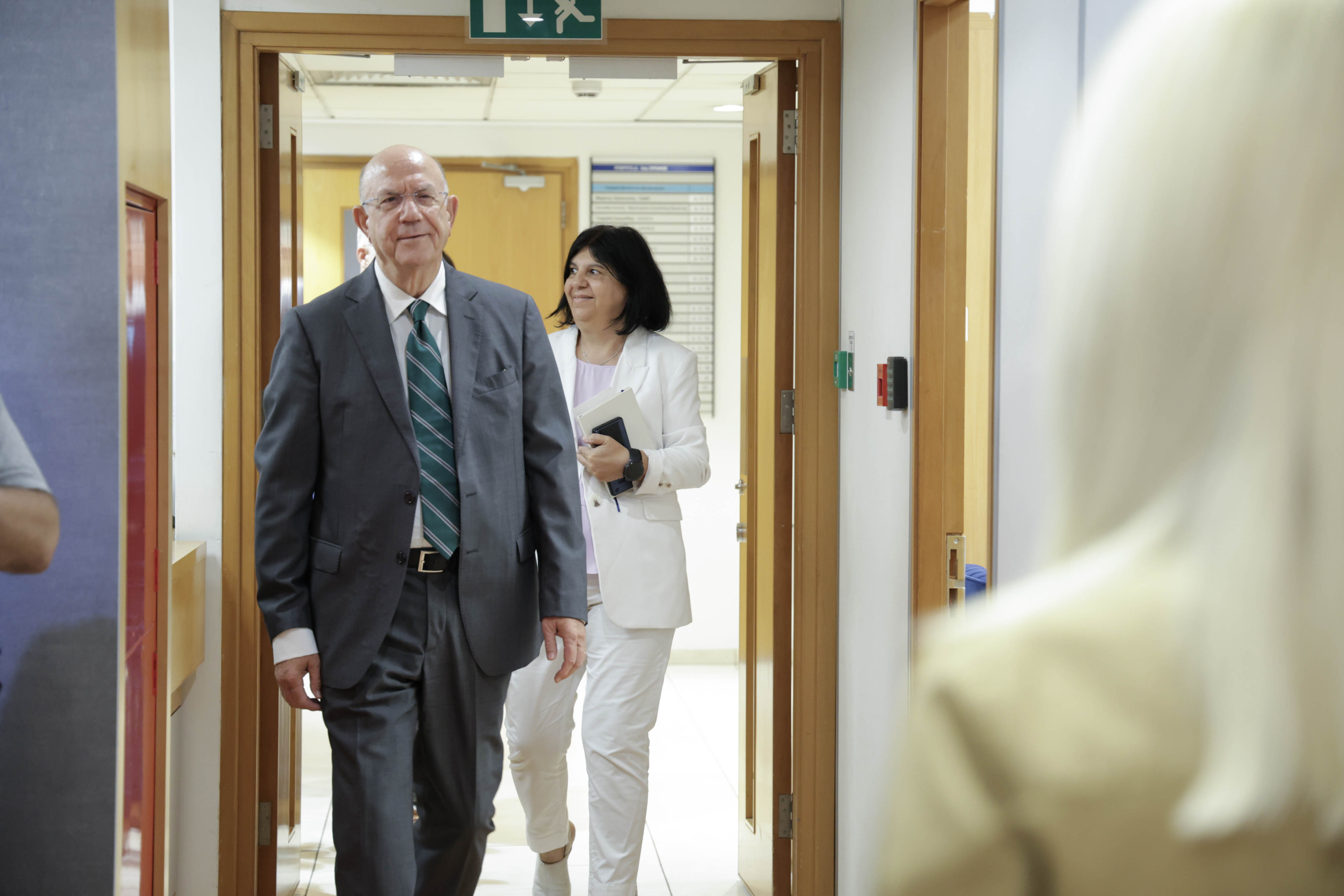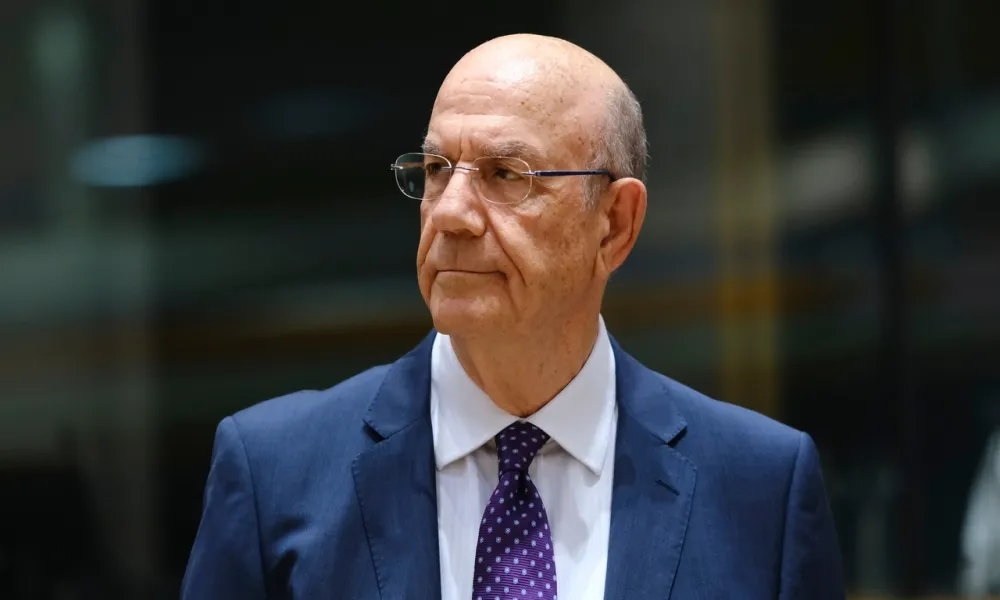Show me the money
One, two… step and pause. When Finance Minister Makis Keravnos appeared before Parliament’s Finance Committee last week to present the 2026 budget, the scene looked less like a political hearing and more like a tango class. MPs, playing the role of students, followed his rhythm as he guided them smoothly, one by one, with the ease of an experienced instructor. Some even seemed ready to reach out a hand to steady him when he stumbled, both figuratively and almost literally, over the “high-voltage” cable that bears his own name.
If Cyprus had a parliamentary instead of a presidential system, Makis Keravnos would almost certainly be seen as a leading candidate for the top job. With the level of cross-party trust he enjoys, he could easily have been appointed a technocratic prime minister in a time of crisis or political deadlock. That impression was shared by members of the Finance Committee, who welcomed him warmly, praised his work, and expressed sympathy even where they disagreed. After all, as several hinted, the real responsibility lies with the president, not with the minister, who listened calmly and acknowledged their concerns.

the 2026 budget debate with the ease of a seasoned dancer.
DISY praised the strong fiscal performance and the budget surplus. AKEL acknowledged his bold stance against the Great Sea Interconnector (GSI). DIKO, DIPA and EDEK, as government partners, offered their congratulations in turn. Even with ELAM, the minister found common ground when he remarked that “locals, not foreigners,” should come first, as if foreigners ever had the upper hand. When AKEL’s Giorgos Loukaides tried a stronger left-wing critique, Keravnos simply took a step back, smiled, and moved on. And when he misspoke on the GSI, DISY’s Harris Georgiades and DIKO’s Christiana Erotokritou quickly stepped in to help him rephrase before the comment could make its way through Greece and back.
Criticising Makis Keravnos has almost become impossible. His resignation always seems to be at the president’s disposal, and he gives the opposition the impression that he could just as easily be one of their own. Some even suspect that one day he might switch sides and direct his criticism at President Christodoulides himself. How much of a government man is Keravnos, despite being the finance minister? He increasingly comes across as self-appointed, pursuing his own economic agenda as he sees fit. The president appears to watch from the sidelines, unable to give direction or claim full ownership of his minister. Keravnos answers only to himself, and if he leaves the government, it will be by his own choice.
This independence is what earns him a reputation as an honest broker, a man capable of securing consensus on difficult issues. His presence grants the government tolerance on most economic fronts. If negotiations on the cost-of-living allowance (CoLA) succeed, Keravnos will take the credit, if tax reform moves forward, it will be his victory. If things go wrong and compensation must be paid, the blame will fall on Christodoulides.
Sooner or later, though, as election season approaches, with or without Makis Keravnos, the tempo will change. The tango will give way to a zeibekiko, a solitary dance, with every eye fixed on one performer.
